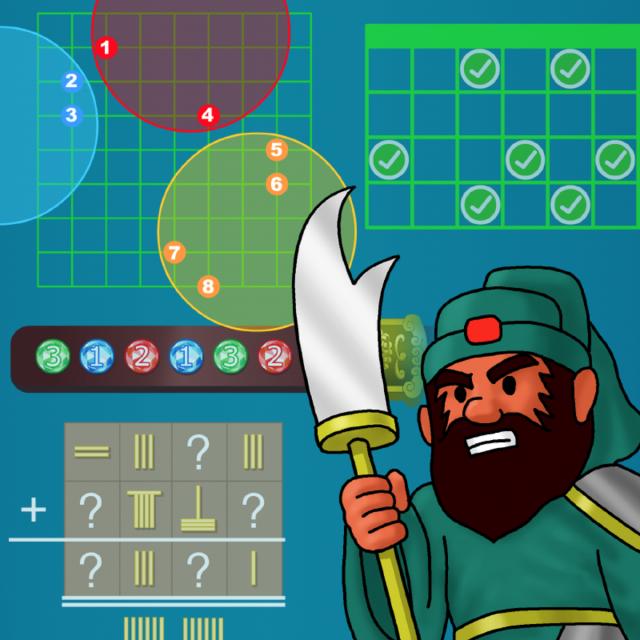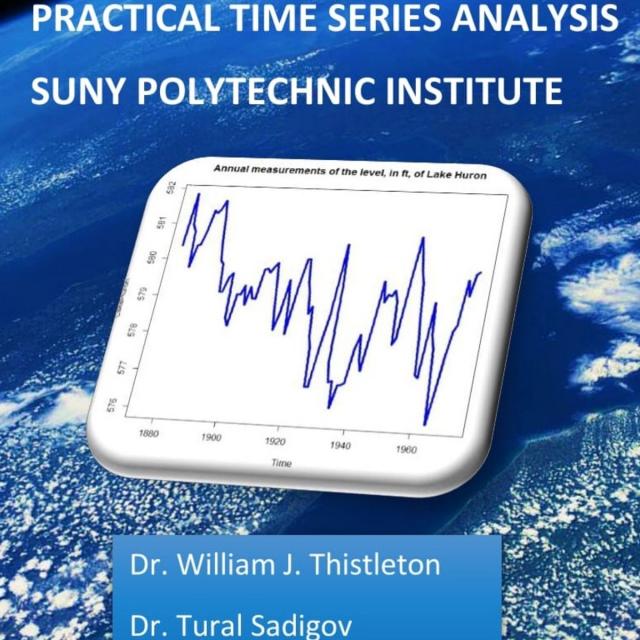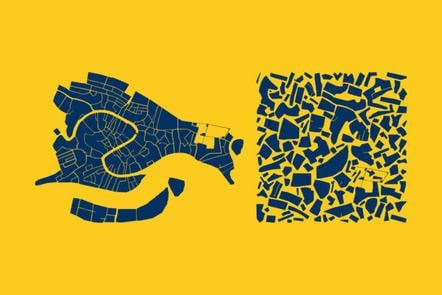Basic Modeling for Discrete Optimization (Coursera)
Categories
Effort
Languages
Optimization is a common form of decision making, and is ubiquitous in our society. Its applications range from solving Sudoku puzzles to arranging seating in a wedding banquet. The same technology can schedule planes and their crews, coordinate the production of steel, and organize the transportation of iron [...]
Apr 29th 2024










